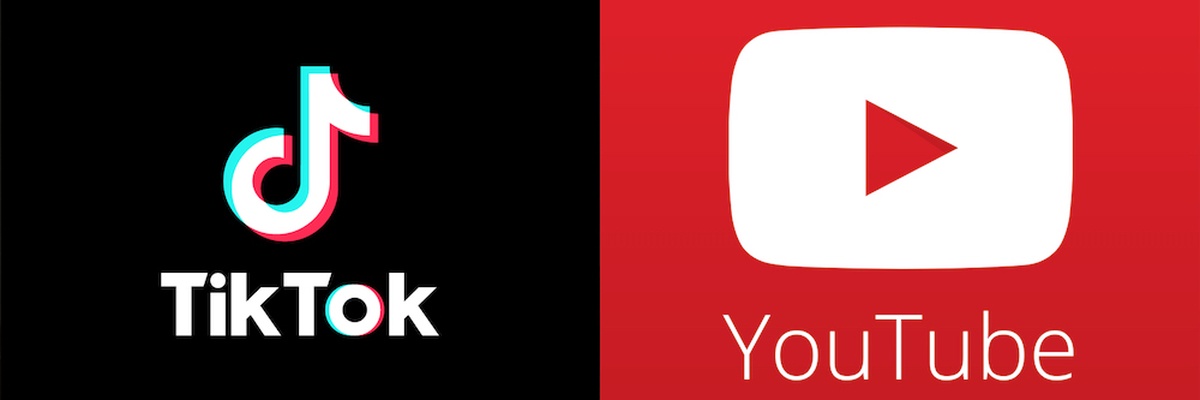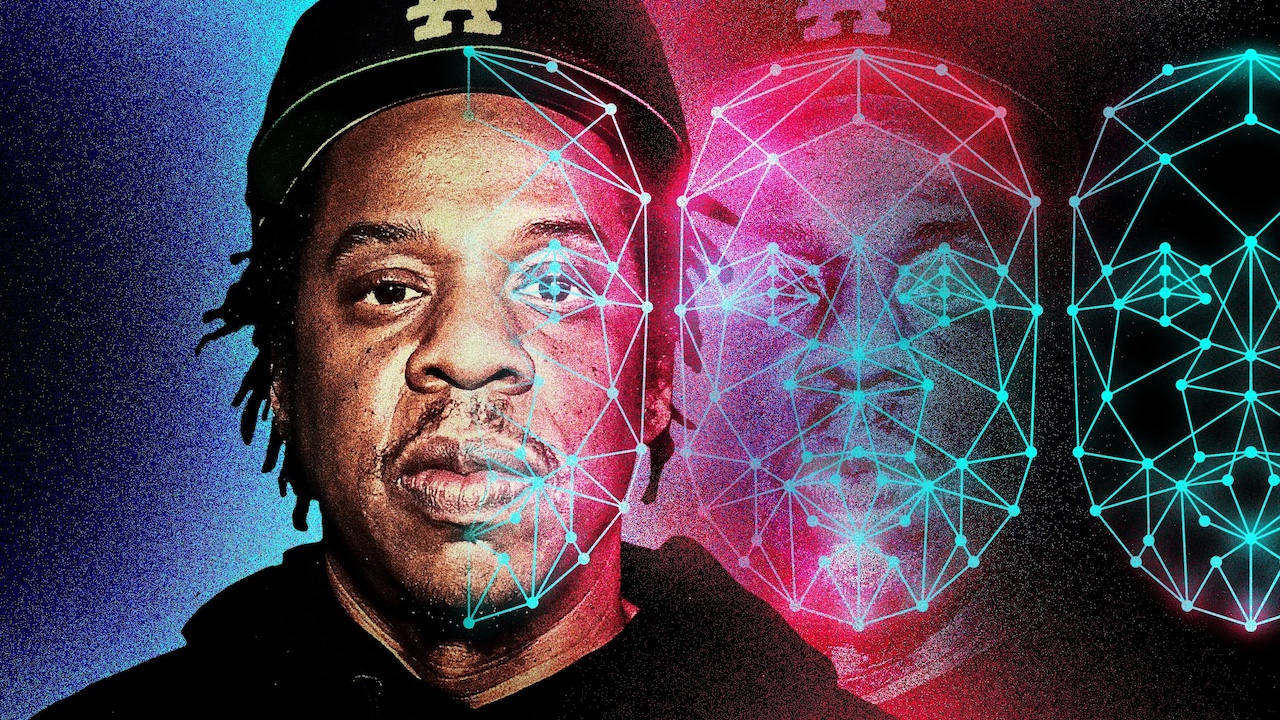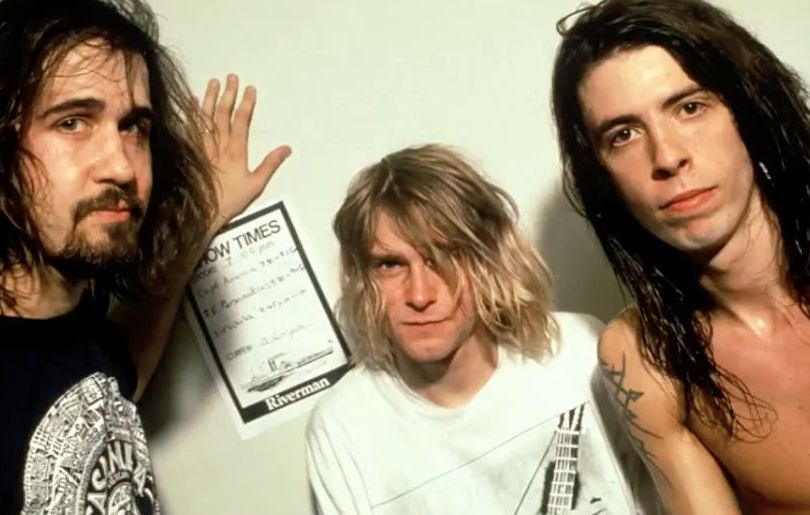In a new report from TikTok, the popular video network announced that 75% of its users have found new music artists on their platform. As of October 2020, TikTok reports 732 Million monthly users, with news outlets believing that could be an underestimate. In comparison, YouTube has 2 Billion logged-in users every month, yet was found to have less watch time per user than TikTok in a May study conducted by analytics company App Annie.
TikTok has had a total of 3 Billion downloads across Apple’s App Store and Google Play. In the platform’s new report, 63% of users said they’ve heard new music on the platform prior to listening on streaming apps or on the radio. In an even bigger win for the brand, 72 percent of TikTok’s users agree that they associate certain songs as “TikTok Songs.” One example of this is artist K Camp’s “Lottery”, otherwise known on TikTok for its “Renegade” dance challenge. There are 23.9 Million videos on the app using that song despite not having mainstream radio success.
TikTok’s Global Head of Music, Ole Oberham, has said that “TikTok is the home for music trends that permeate the culture, industry, and charts.” Considering the massive amount of traffic the app is able to generate, it’s no surprise that brands will want to work with the creators or musicians who are able to garner the most attention. Oberham also said “When brands embrace music and partner with artists on the platform, they will see a ‘far reaching halo-effect’ of cultural relevance and brand love.”
In 2020, TikTok reported that 70 artists who went viral on the platform subsequently signed to major music labels.
Read TikTok’s full blog post about their findings here.



